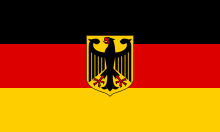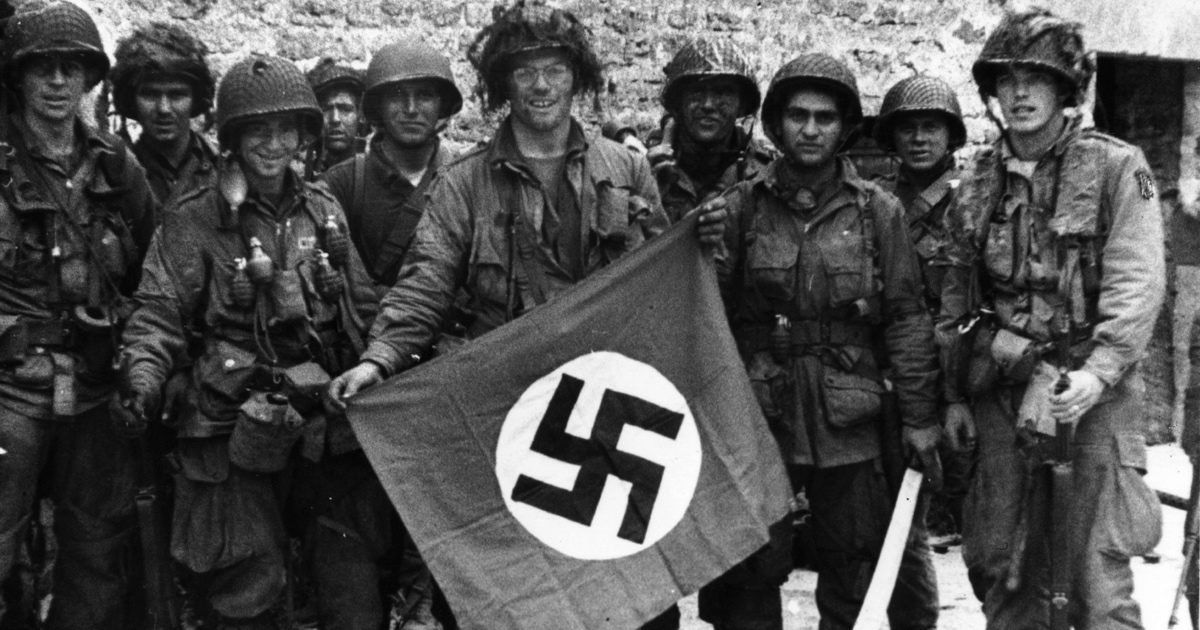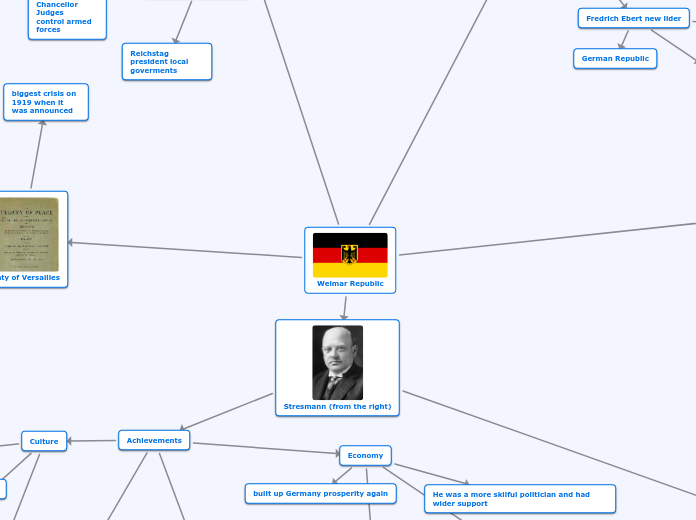
Weimar Republic
Birth
Created in Weimar city
Berlin was a chaos
1918 allies had won the war
offered peace to Germany
under some conditions
democratic Germany
Kaiser should abdicate
after some time(November 9th) he did
10 th November
Fredrich Ebert new lider
German Republic
ended the war and armistice with allies
primised feredom of speech, better working conditions
New constitution
Weimar constitution
most democratic system in the world

parliament Reichstag
Chancellor
in charge of goverment
Head of state (President)
emergency powers
international work
appointed
Chancellor Judges control armed forces
german people elected
Reichstag president local goverments
Opposition
Left threats

spartacists
old Bolshevicks
Communist led by
Karl Liebkecht
Rosa Lusemburg
opossed to democraric Germany
wanted a revolution
failed because
Freikorps stopped it
group of anti Communist ex soldiers
paramilitar and vigilante group
leaderes died and many casualties
after this Communists remained a powerful anti government force in Germany through the 20s
wanted a country reuled by worker councils and soviets
punished more strictly and severely (taken to court)
Right threats
people who had grown up in the succesful days of the Kaiser
wanted his type of government
dictatorial
refused to the Treaty of Versailles
restrictions in army, loses of territory and industries
withing punishments
taken to court but as judges were from right
short prison sentences, tolerant
Example: Hitler was nos strictly punished

Treaty of Versailles
biggest crisis on 1919 when it was announced
Germany lost
10% of land and overseas colonies
12,5 % population
16% coal and 48% iron industry
army reduced, no air force, navy reduced
had to accept blame for starting the war
pay reparations to the allies
caused economic disaster
as paying the reparations was almost impossible
Problem in the Ruhr
2nd year Germany couldn't pay anymore
France and Belgium entered The Ruhr( legal according to the treaty)
satarted taking products
Ebert told workers to stop production
allies reacted harshly( killed people)
caused a collapse in industrial production
This caused Hyperinflation
as there were no good to trade
goverment started printing money
consecuences
with so much money in circulation but not enough goods
prices, wages rocketed
money didn't have value
most affected middle class families with savings
situation needed urgent action
August 1913 a new goverment under Stresemann took over
continue production in Ruhr
replaced marks
asked for Americans loans
renegociated reparation payments
damaged politically the Weimar Republic
goverment had lost support

most germans furious at Ebert
he didn't want to accept it be he had no choice
germans could't go back to war

Stresmann (from the right)
Achievements
Economy
He was a more skilful politician and had wider support
helped by post war depression in other countries
built up Germany prosperity again
under Daves plan
loger periods for reparation payments
loans from the USA for German industry
in 1927 industry recovered
Politics
became more stable
no more revolutions
parties which supported Weimar democracy did well in those years
Culture
revival in Germany
free expressions of ideas were allowed
artists, poets flourished in Berlin
painted about reality of everyday life
1920s were a golden age for german cinema

Foreign Policy
his gretest triumphs were in foreign policy
signed Locarno Treaties
1926 Germany was accepted into the League of Nations
Problems
Economy
economic boom precarious
economic winners
big businesses
land owners
workers in big industries
main loosers
peasant farmers
overproduction
middle classes sections
Politics
4 chancellors
Nazis and Communists
building up their party organizations

1926
Hidemburg elected as president
opposed to democracy

Culture
culture of the city represented
moral decline
worse by American inmigrants and Jews
Wandervogel movement
to return to simple values
Foreign policy
Germany still a troubled place
Nationalists attacked Stresmann
joining the League of Nations
singing the Locarno pact
